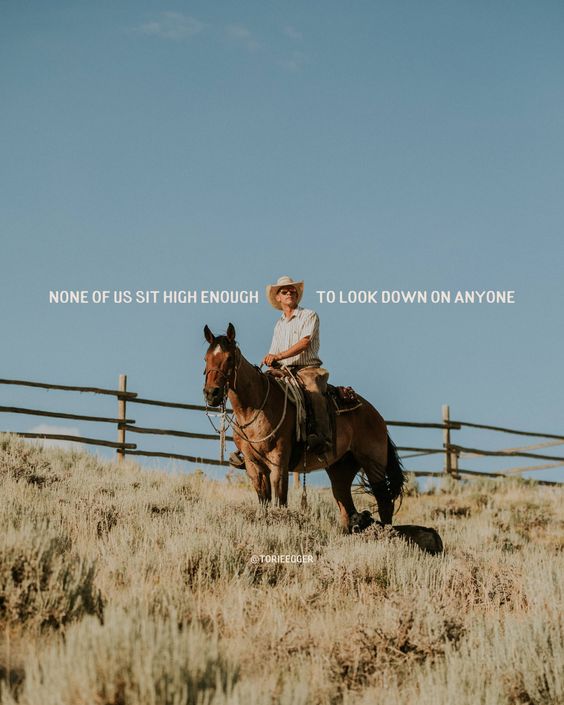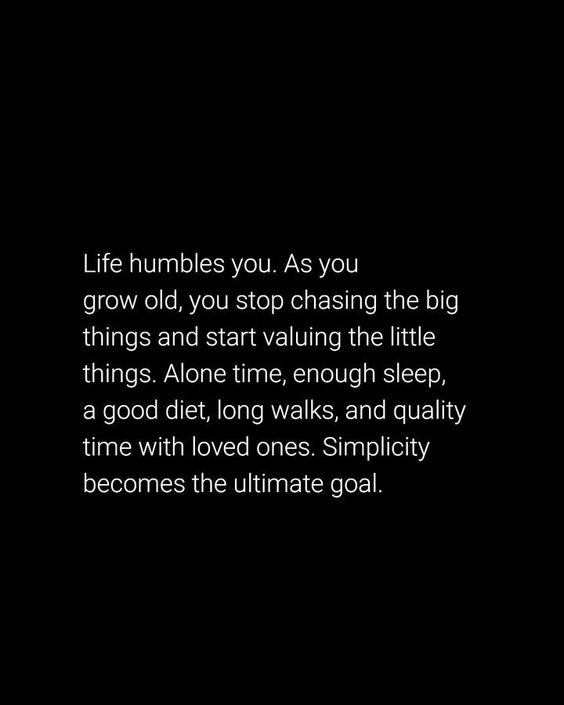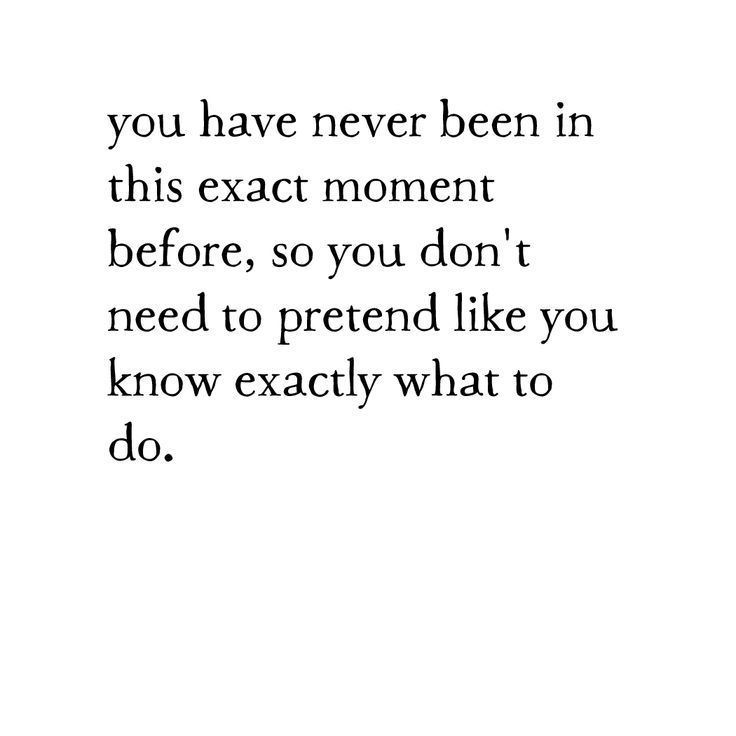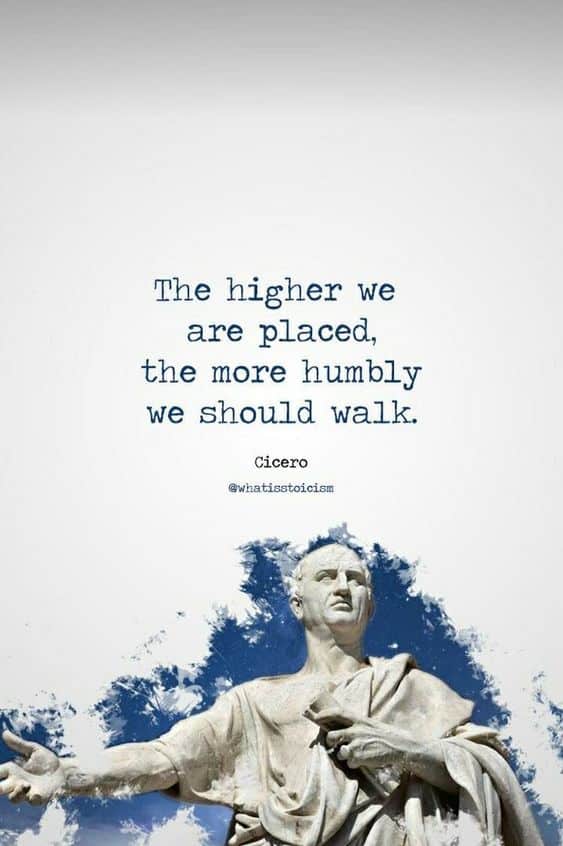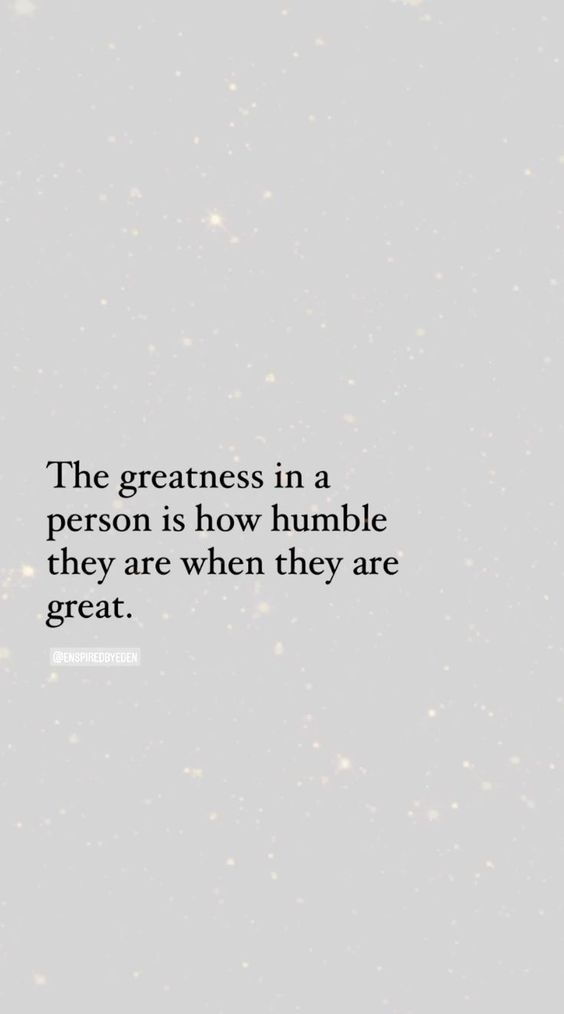“In order to understand ourselves we need a great deal of humility. If you start by saying, ‘I know myself’, you have already stopped learning about yourself; or if you say, ‘There is nothing much to learn about myself because I am just a bundle of memories, ideas, experiences and traditions’, then you have also stopped learning about yourself. The moment you have achieved anything you cease to have that quality of innocence and humility; the moment you have a conclusion or start examining from knowledge, you are finished, for then you are translating every living thing in terms of the old. Whereas if you have no foothold, if there is no certainty, no achievement, there is freedom to look, to achieve. And when you look with freedom it is always new. A confident man is a dead human being.”
J. Krishnamurti, Freedom From The Known (Page 24)
“If you are humble you can never be humiliated; that is the point. You are already standing in the last row; you cannot be thrown backward. You are not trying to become the first, so nobody can obstruct you.”
Osho, Everyday Osho (Page 155)
“We only notice salt when there is too much of it in our food, or not enough. Nobody ever says, ‘Wow, this meal has the perfect amount of salt.’ When salt is used in the best way possible, it goes unrecognized. Salt is so humble that when something goes wrong, it takes the blame, and when everything goes right, it doesn’t take credit.”
Radhanath Swami, via Think Like A Monk (Page 185)
“Jus’ remember, Lover Boy, be nice to everybody you pass on your way up, coz you just might have to pass them again on your way down.”
Gigi, Will (Page 111)
“Never take it for granted that your past successes will continue in the future. Actually, your past successes are your biggest obstacle: every battle, every war, is different, and you cannot assume that what worked before will work today.”
Robert Greene, The Daily Laws (Page 335)
“Do not be proud, no matter what high position you occupy in life. In you and in me and in every other person lives the same God, the same life force; you look down on me in vain; we are all equal beings.”
Indian Wisdom, via A Calendar of Wisdom (Page 254)
“To be humble to superiors is duty; to equals is courtesy; to inferiors is nobleness; and to all, safety!”
Bruce Lee, Striking Thoughts (Page 55)
“The more a person analyzes his inner self, the more insignificant he seems to himself. This is the first lesson of wisdom. Let us be humble, and we will become wise. Let us know our weakness, and it will give us power.”
William Ellery Channing, via A Calendar of Wisdom (Page 53)
“The higher the position you occupy among other people, the more humble you should be. Many people live in height and glory, but the mysteries of this world can be revealed only to those who are humble. Do not seek out complication. Treat your duty with respect. Do not study what you should not. More things have already been revealed to you than you can understand.”
Apocrypha, A Calendar of Wisdom (Page 23)
“The average man seeks certainty in the eyes of the onlooker and calls that self-confidence. The warrior seeks impeccability in his own eyes and calls that humbleness.”
John Amodeo, via Sunbeams (Page 144)
“Overconfidence is a great weakness and a liability. But if you are already humble, no one will need to humble you—and the world is much less likely to have nasty surprises in store for you. If you stay down to earth, no one will need to bring you—oftentimes crushingly so—back down.”
Ryan Holiday, The Daily Stoic (Page 274)
“Let us get used to dining out without the crowds, to being a slave to fewer slaves, to getting clothes only for their real purpose, and to living in more modest quarters.”
Seneca, On Tranquility Of Mind, via The Daily Stoic (Page 271)
“No one is crushed by Fortune, unless they are first deceived by her… those who aren’t pompous in good times, don’t have their bubbles burst with change. Against either circumstance, the stable person keeps their rational soul invincible, for it’s precisely in the good times they prove their strength against adversity.”
Seneca, via The Daily Stoic (Page 270)
